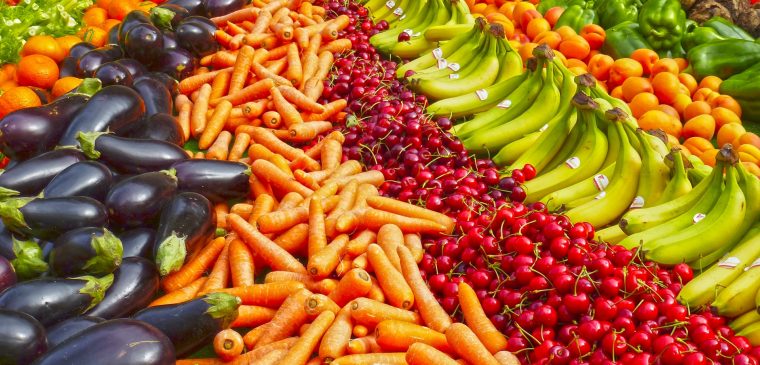Articles
Viewing post categorized under: Food Law

Organic Claims – Legal Requirements for Labelling and Packaging
Sharon Givoni Consulting Food Law, Intellectual Property, Packaging
As ‘Organic’ products attract a premium price it is not surprising that many businesses want to use the term on their labelling and packaging. However, when it comes to organic claims, consumers should be able to assume that the organic claim is true and that the ingredients are indeed organic. When you design a label, […]
Alice in Merchandise-land – the value of character and celebrity merchandising
Sharon Givoni Consulting Consumer Law, Entertainment Law, Food Law, Intellectual Property, Packaging, Protecting ideas
The value of celebrity endorsements on food advertising, packaging and labelling is indisputable, whether it be Jamie Oliver with his range of products, George Clooney for Nespresso or Serena Williams for Gatorade (and Nike… and Berlie… and…) Take-Away Tips for your business The use of images of fictional beings on products, such as cartoon characters, […]
Close your eyes, and give me the coke bottle
Sharon Givoni Consulting Consumer Law, Food Law, Intellectual Property, Packaging, Protecting ideas, Trade marks
How to avoid legal issues when it comes to packaging Attention all packaging designers, this is for you. Before you launch your new product with shiny new packaging, it is important to consider whether you could be infringing someone else’s trade mark rights, engaging in misleading or deceptive conduct or passing off. In Australia, aspects […]
Superfood or superfool – the legal lowdown on using this name
Sharon Givoni Consulting Consumer Law, Food Law, Packaging
Blueberries, goji berries, chia seeds, acai berries and of course, kale! These are the superfoods which are going to make you healthier, happier, smarter and just all round better, or so they say. However, before you start spruiking your new superfood from the pristine Amazon rainforest, stop to make sure you do not make yourself […]
Ensuring your Soft Drink Brands Sparkle not Fizzle
Sharon Givoni Consulting Food Law
This article examines some dos and don’ts when it comes to trade mark protection for beverages considering real life cases concerning brands such as “Cranberry Classic”, “Crantastic”, “Ruby’s Red”, the “NES” family of Nestle trade marks and Boost juice marks. The strongest form of legal protection you can have for your brand in Australia is […]
Granola
Sharon Givoni Consulting Food Law, Intellectual Property, Trade marks
Ordinary language or protected trade mark – are you doing the right thing? There is a famous quote that imitation is the greatest form of flattery. True as that might be – this is the last thing you want when it comes to your own brand. We use phrases all the time and don’t think […]
‘Legal’ Battle of the Bulge
Sharon Givoni Consulting Food Law
In this article Sharon Givoni considers whether food companies may one day need to place “fat warnings” on their packaging and some overseas cases where people literally took “fat to court”. Today, with all the health and nutrition information required on packaging, health warnings are probably unlikely. Read more…
Australian Dairy Foods – A dairy brand by any other name …
Sharon Givoni Consulting Food Law
Many dairy brands in Australia incorporate people’s names or place names – think Pauls and Peters, Bega and Bulla. But food companies need to think twice before using a name for the first time as a brand as if it is trademarked you could be taking legal risks. Read on to navigate the name game […]
The Sensory Theatre of Food Retailing
Sharon Givoni Consulting Food Law
If you love chocolate then this article is for you. It considers how retail outlets such as the chocolate café Max Brenner and Koko Black allure consumers into their store with way more than chocolate. Sounds, smells and images all assist and some of these can also be protected as registered trade marks. Read more…
How far can you take creative claims?
Sharon Givoni Consulting Food Law
Praising your food products is one thing… but there can be a fine line between exaggeration and contravening the law. The old Trade Practices Act and new Competition and Consumer Act 2010 lay down very strict rules on what claims you can legally make. This article looks at real life case studies covering descriptors such […]
